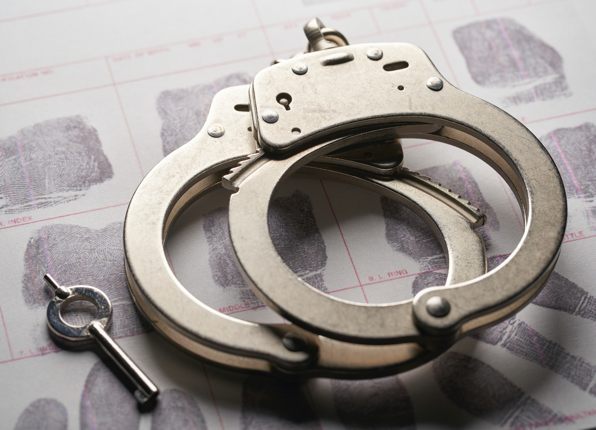The term ‘criminal proceedings’ refers to the proceedings described in Act No 301/2005, the Code of Criminal Procedure. Criminal procedure is a process that begins with the decision to investigate an offence and ends with a final determination of the case or other decision of a law enforcement authority or the court on the substance of the matter. The investigative process begins with the decision to investigate an offence and ends with charges being brought, with the approval of a plea agreement, or with the final decision of a law enforcement authority on the substance.
Criminal law

I’ve been summoned to the police as a witness. What should I do?
You have two options as a witness:
- Refuse to give a witness statement
- Give a witness statement to the police investigator with or without counsel (advocate) present
If you decide to give a witness statement, we recommend that you do so in the presence of defence counsel. You have the right to consult with your defence counsel before you give your witness statement, but you cannot consult with your counsel about your responses once the investigator begins the interview. However, your defence counsel has the right to be present throughout the police interview.
If you give a witness statement without counsel present, there is a risk that the investigator could bring charges against you in accordance with Section 206 of the Code of Criminal Procedure.
I have been charged with a criminal offence. What should I do?
If you have been accused, you have the following options:
- Refuse to answer questions (remain silent)
- Refuse to answer questions until your defence counsel (advocate) is present
- Answer the police investigator’s questions with or without counsel (advocate) present
As the accused, you also have the following rights:
- the right to respond to all accusations
- the right to respond to evidence (submitted and accepted)
- the right to present circumstances that contribute to your defence
- the right to submit and procure evidence that contributes to your defence
- the right to choose your own counsel and consult with your counsel, including during procedures conducted by law enforcement (police officer, investigator) or the court (but you are not permitted to consult counsel during interviews or examinations as to how to answer to a question)
- the right to make motions and submit applications and seek remedies; this can be done by you or by counsel
- if you are detained, you have the right to speak with your counsel in private while you are in custody
- the right to ask to be interviewed in the presence of defence counsel and to have counsel participate in other processes conducted as part of the investigative procedure
- the right to put questions to witnesses in court (witnesses you have yourself called or that are called by your counsel with your consent)
Rights of the injured party in criminal proceedings and claiming damages
Have you suffered bodily injury, financial harm, moral (psychological) or other injury as the result of a crime?
Have your legally protected rights or freedoms been infringed or jeopardised? If so, you are the victim in criminal proceedings.
Crime victims have the right:
- to agree or not to the criminal procedure against the accused in cases of the crimes referred to in Section 211 of the Code of Criminal Procedure (for example, bodily harm, failure to provide assistance)
- to be notified of the decision to begin an investigation, of charges being brought, of claims secured, of the main proceedings
- to pursue claims for damages
- to submit motions to provide evidence, procure evidence, take evidence
- to apply to secure a claim for damages against the accused’s property where there is reasonable concern that payment of damages will be obstructed or hindered
- to review the investigative case file
- to review the case file upon completion of the investigation and to propose additions to the case file
- to an interpreter
- to raise an objection of bias
- to receive a copy of the indictment or draft plea agreement
- to make a victim statement at the conclusion of the trial
- to consent to approval of a settlement, and other rights under the Code of Criminal Procedure